
Over the past few weeks, I have had to deal with my own situation in a way that has left me with very little energy to engage with the news, or much of anything else. I don’t need to go into that here. Suffice it to say that while I have come through the ordeal intact—and indeed much happier—I am still deeply tired. And it will take some time to fully recover.
Nevertheless, the murder of George Floyd—the murder of yet another unarmed black man, at the hands of a police officer sworn to protect and to serve—has not escaped my notice. Nor has the gamut of reactions I have seen from my own personal circle of acquaintances, which is a decent miniature representation of this country as a whole. Continue reading


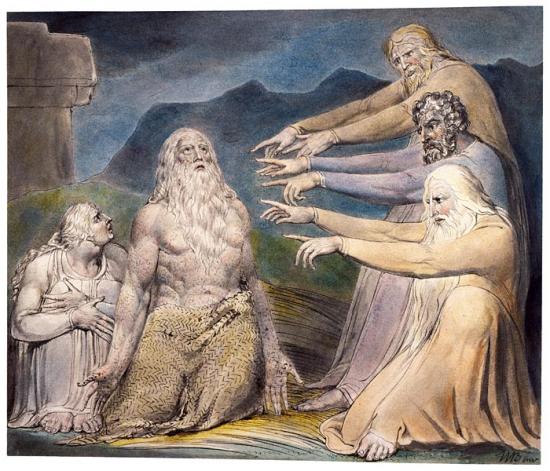
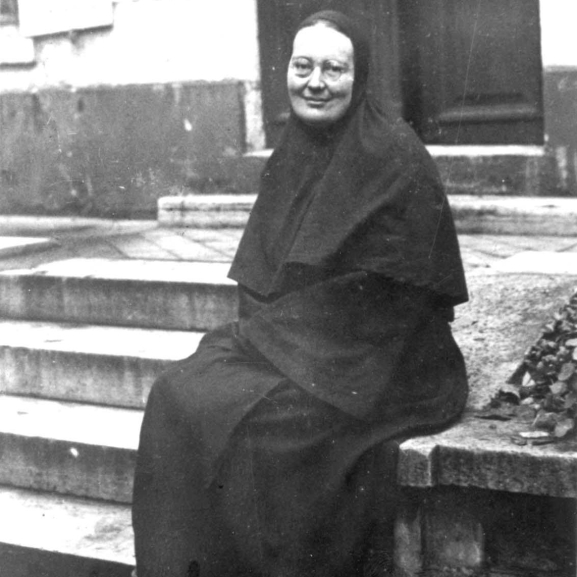
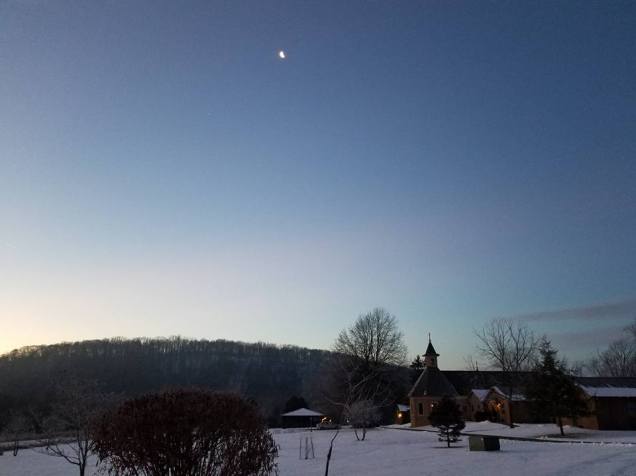 Note: The title of this post is playfully riffing on the title of the first book in a favorite young adult fantasy series by Diane Duane, So You Want to Be a Wizard. One could observe many points of similarity between monastics and wizards.
Note: The title of this post is playfully riffing on the title of the first book in a favorite young adult fantasy series by Diane Duane, So You Want to Be a Wizard. One could observe many points of similarity between monastics and wizards.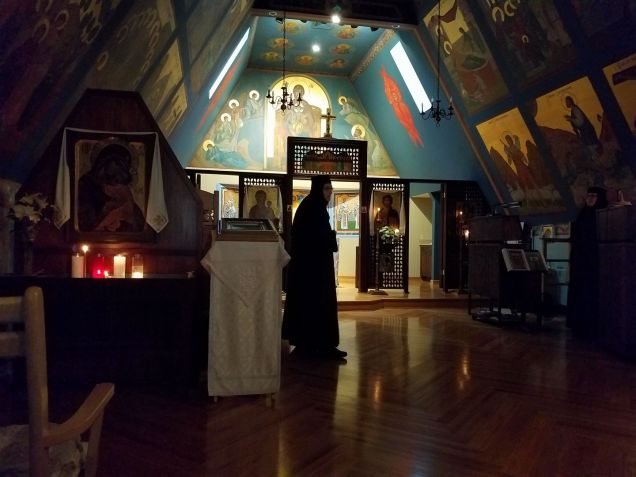

 By the grace of God, we have reached the end of the first week of Great Lent. Much more of it lies ahead; this is no sprint. But if you’re anything like me, you already have some cause to feel that you haven’t been keeping it quite as you’d hoped.
By the grace of God, we have reached the end of the first week of Great Lent. Much more of it lies ahead; this is no sprint. But if you’re anything like me, you already have some cause to feel that you haven’t been keeping it quite as you’d hoped.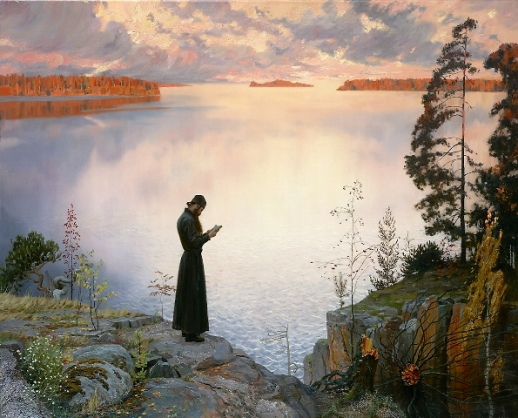 Yesterday in the bookstore I got a call from a lady about We Shall See Him As He Is: The Spiritual Autobiography of Elder Sophrony. Notwithstanding the facts that 1) she already owned the book and so was not looking to buy it, and 2) we don’t even publish that particular Sophrony book (it’s a St Herman of Alaska Brotherhood publication), she was in some distress and asked me to bear with her, and so I did. Basically, she had started reading the book and was worried about the trustworthiness of these seemingly extravagant claims of spiritual experience by a contemporary, uncanonized person. Her parish had been without a priest for months and she didn’t know who to talk to…and so she called us.
Yesterday in the bookstore I got a call from a lady about We Shall See Him As He Is: The Spiritual Autobiography of Elder Sophrony. Notwithstanding the facts that 1) she already owned the book and so was not looking to buy it, and 2) we don’t even publish that particular Sophrony book (it’s a St Herman of Alaska Brotherhood publication), she was in some distress and asked me to bear with her, and so I did. Basically, she had started reading the book and was worried about the trustworthiness of these seemingly extravagant claims of spiritual experience by a contemporary, uncanonized person. Her parish had been without a priest for months and she didn’t know who to talk to…and so she called us.